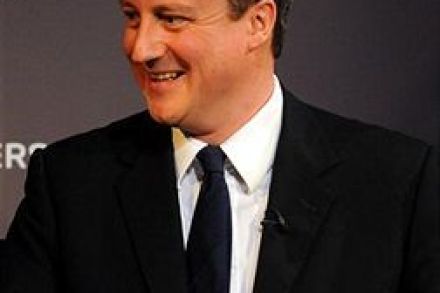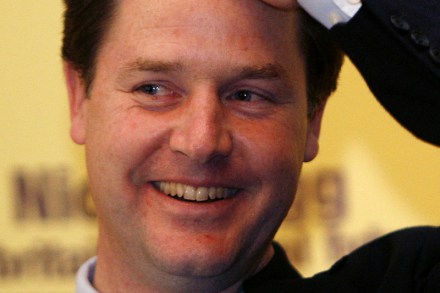Brown sets the stage for a scorched earth Budget
Gordon Brown must be feeling generous today, for he did the Tories two favours on Woman’s Hour earlier. David has already mentioned the first one: Brown saying that he would “keep going” as party leader even if Labour loses the next election, which ups the potential for more summertime Sturm und Drang on his own side. But the second, as Ben Brogan points out, is his claim that the state of the economy makes it difficult for the government to detail any spending cuts. The Tories will happily seize on that to justify their own “wait until we see the books” approach. More broadly, Brown’s claim also sets the stage















